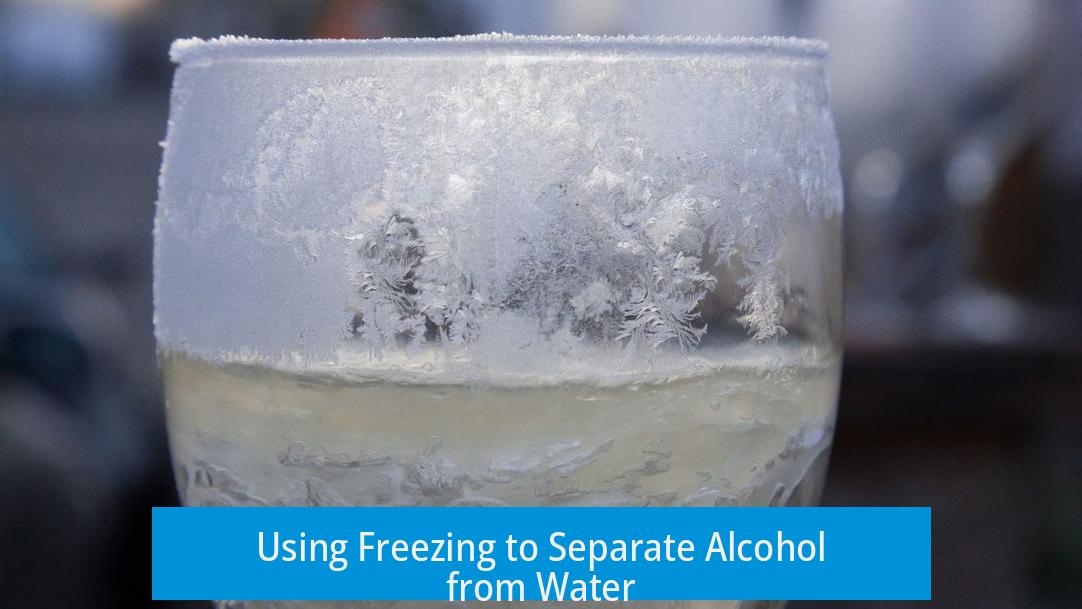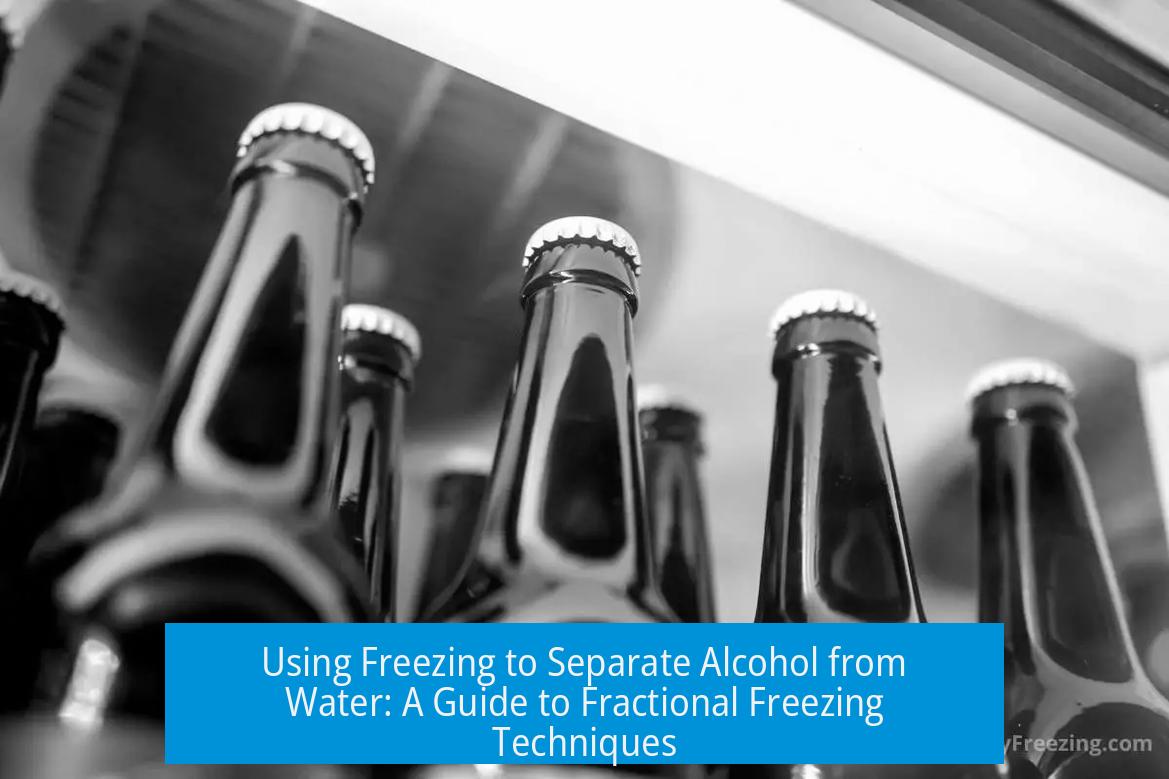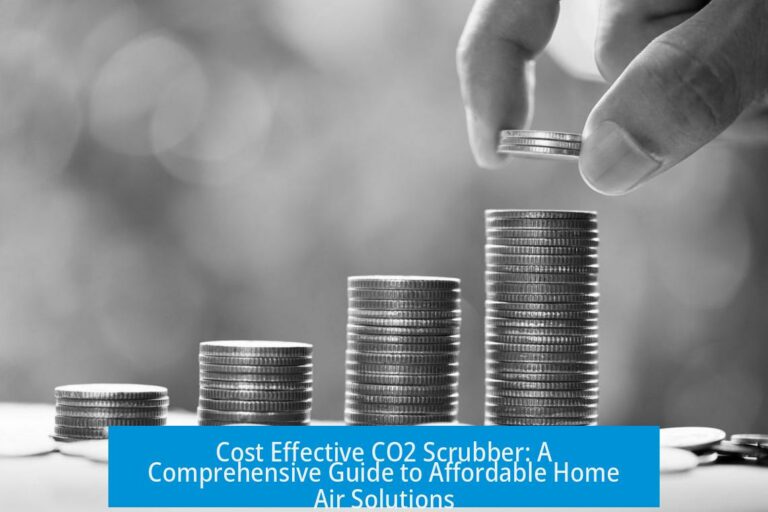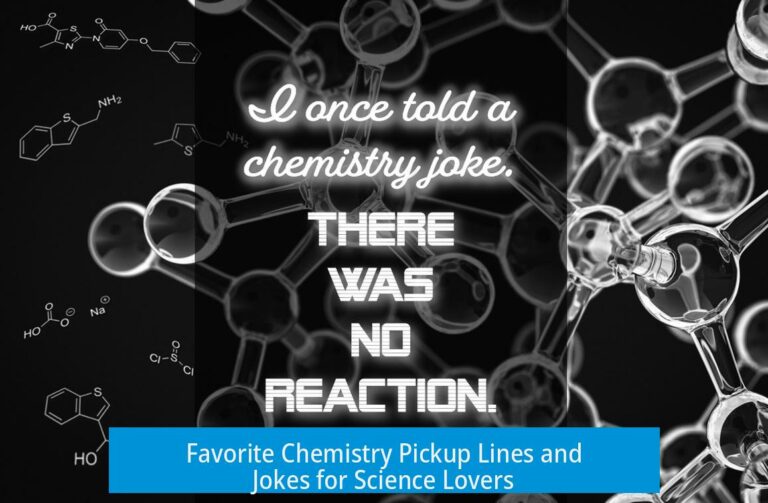Using Freezing to Separate Alcohol from Water

Freezing can separate alcohol from water through a process called fractional freezing, which leverages differences in freezing points and the eutectic point of the mixture. However, practical challenges limit its efficiency and effectiveness compared to other methods.
What is Fractional Freezing?
Fractional freezing exploits the fact that alcohol and water freeze at different temperatures. When cooling an alcohol-water mixture, ice crystals form from pure water first, increasing the alcohol concentration in the remaining liquid.
Theoretically, the maximum alcohol enrichment in the liquid phase occurs at the eutectic point of the mixture, approximately 92.4% ethanol by weight at around -123°C. This means at very low temperatures, a nearly pure alcohol phase can coexist before the entire mixture solidifies.
Practical Challenges of using Freezing
- Achieving temperatures close to the eutectic point (-123°C) is difficult and costly.
- Freezing only partially enriches alcohol concentration; surpassing the initial concentration is unlikely.
- The process is slower and less effective than distillation.
- Complete separation of alcohol beyond a certain limit via freezing is impractical.
Compared to fractional freezing, simple distillation or purchasing higher purity alcohol is usually more practical. For example, buying denatured alcohol at a hardware store or using classic distillation apparatus offers better concentration and saves time.
Related Separation Methods
- Salt Addition: Adding salt to isopropanol-water mixtures can cause water separation due to salting-out effects.
- Molecular Sieves: These can selectively absorb water, increasing alcohol purity.
- Cryo Distillation: Some alcohols, like applejack, are concentrated by freezing and removing ice in a controlled manner.
Misceibility and Density Considerations
Alcohols like ethanol and isopropanol mix completely with water, nullifying density-based separation. Although alcohols are less dense, this property offers no practical separation advantage.
Alcohol Concentration and Flammability
The proof system historically ties alcohol concentration to flammability. For instance, a 70% alcohol solution can burn vigorously, often making high-purity purification unnecessary for some applications.
In many cases, purification by fractional freezing is redundant due to the sufficiently high alcohol concentration and the availability of alternatives.
Key Takeaways
- Fractional freezing separates alcohol and water by exploiting freezing point differences and the eutectic point.
- Extreme low temperatures (~ -123°C) are required to reach maximum alcohol enrichment, making it difficult practically.
- Fractional freezing yields limited purity improvement compared to distillation or molecular sieves.
- Alternatives like distillation or chemical separation are often easier, cheaper, and faster.
- Alcohol-water mixtures are fully miscible, so density or simple cooling is not an efficient separator.
What is fractional freezing and how does it separate alcohol from water?
Fractional freezing relies on the eutectic point of the alcohol-water mix. At -123 °C, the liquid holds about 92.4% ethanol. Ice forms first, leaving a stronger alcohol solution behind. This is how partial separation works.
Why is freezing not very practical for increasing alcohol concentration?
It’s tough to get a higher concentration than what you start with. The process needs very low temperatures. Other methods or buying pure alcohol is easier and cheaper.
Can salt addition help separate alcohol and water?
Yes, adding salt makes water separate from iso (isopropanol). This method can aid in partial separation but isn’t perfect for high purity.
Is density useful for separating alcohol from water by freezing?
No, density differences don’t help much since alcohol and water mix fully. Freezing targets how ice forms to separate the components.
Are there better alternatives to fractional freezing for purifying alcohol?
Distillation works better. Classic stills or “cryo distillation” in drinks like Applejack are more effective at raising alcohol concentration than freezing.
Do I really need to purify isopropanol by freezing?
Usually no. Most isopropanol burns well as is. Purifying by freezing is complex and often unnecessary for common uses.





Leave a Comment